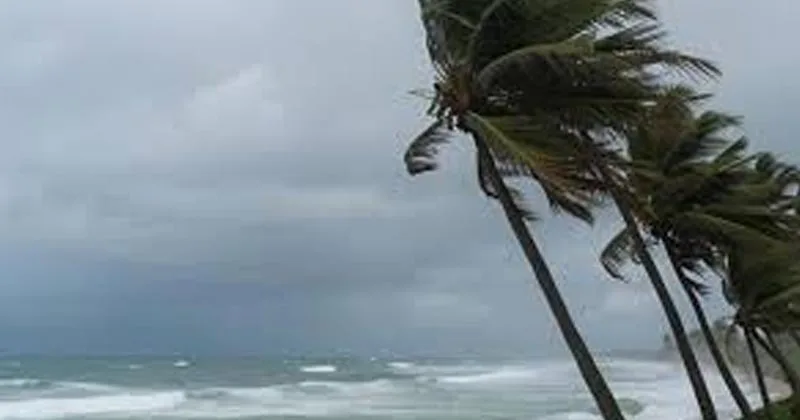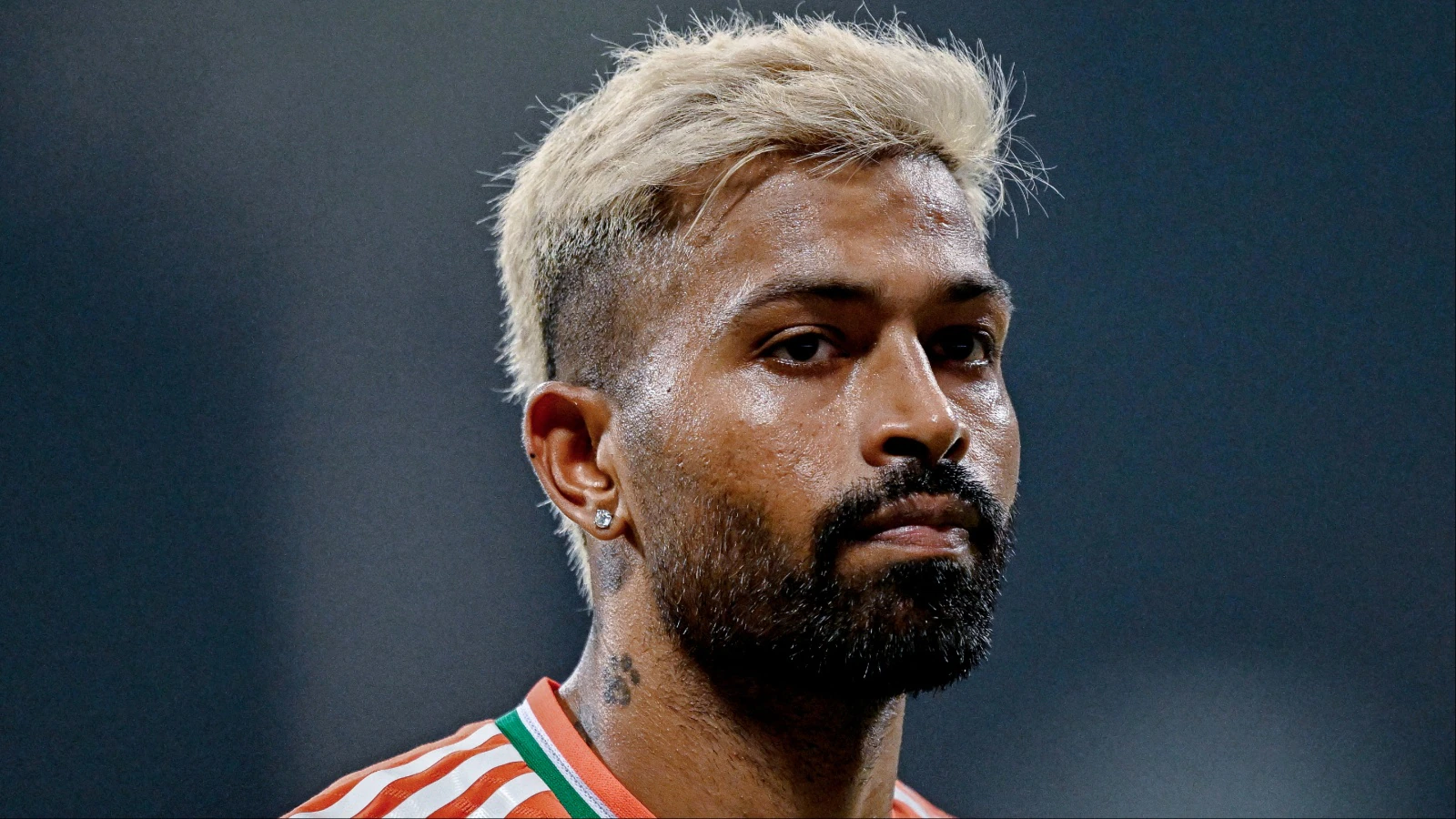Copyright Screen Rant

Loki ended its run two years ago, and while it remains one of the MCU’s best streaming shows, when you go back and rewatch it today, there are some harsh realities that stand out. Picking up after Avengers: Endgame, Loki sees the God of Mischief circa 2012 getting thrown out of the spacetime continuum and reluctantly taking a job at the Time Variance Authority. Along with X-Men ’97 and Hawkeye, Loki is one of the greatest TV shows that Marvel Studios has made. But it’s not perfect; there are some flaws that stand out when you rewatch it. Loki Only Scratched The Surface Of Its Time-Traveling Procedural Premise In its first season, Loki set up a great sci-fi procedural premise. Much like The X-Files, it’s a buddy-cop show about a pair of investigators with a unique, otherworldly assignment. The crime scenes that Loki and Mobius are sent to are spread out across the Sacred Timeline. That premise could’ve sustained 100 episodes, but Loki barely scratched the surface. There were a couple of great case-of-the-week episodes in season 1, but it focused more on its overarching serialized plot, and season 2 scrapped that procedural aspect altogether in favor of a new story engine. It’s an awesome premise, but there’s so much squandered potential left on the table because Marvel didn’t take the time to fully explore that premise. The Other Lokis Deserved More Screen Time In the fifth episode of Loki season 1, “Journey into Mystery,” Loki is stranded in the Void, where he teams up with several variants of himself: Alligator Loki, Boastful Loki, Classic Loki, and Kid Loki. There are a bunch of other Lokis with cameo appearances, like President Loki. The show wasted so much potential by only featuring all these alternate Lokis in one episode. Classic Loki alone, played by Richard E. Grant, would’ve been a great supporting player to keep around. Loki is a classic narcissist, so surrounding him with reflections of himself has endless comedic and dramatic possibilities. Loki's Season 1 Finale Relies Too Much On The Kang Reveal The penultimate episode of Loki’s first season feels more like a finale than the actual finale. The Lokis’ battle with Alioth in the Void provided an action-packed climax, and the emergence of the Citadel would’ve been a great cliffhanger to end the season on. But the season had one more episode, in which Loki and Sylvie met the Citadel’s one and only inhabitant. Once we’re introduced to Jonathan Majors’ flamboyant conqueror, it stops being the Loki show and becomes the Kang show. The Kang reveal takes over the entire season 1 finale. It’s more about setting up Majors’ character as the MCU’s next big bad than concluding the story it was telling with Loki and Sylvie, and it’s a detriment to the series as a whole. The Rules Of The MCU's Multiverse Are Woefully Inconsistent When the MCU first introduced the concept of the multiverse, it seemed like a promising idea. And for the most part, it’s been a fun playground to tell stories in. We’ve had a team-up of all three Spider-Men, a team-up of all the discarded Fox characters, and a wacky adventure with Doctor Strange and America Chavez. But the rules of the MCU’s multiverse have been bafflingly inconsistent. Marvel seems to just bend the rules of the multiverse to suit the individual story it’s telling. Loki, for example, comes up with a flimsy excuse why it was okay for the Avengers to time-travel in Endgame, but not okay for anyone else to do the same. Loki's Run Was Much Too Short Loki only lasted for two seasons of six episodes each. It’s the same length as Fawlty Towers’ run, except Fawlty Towers didn’t set out to solve time crimes, deconstruct the multiverse, and introduce a supervillain who would sustain a decade’s worth of stories to come. Loki needed a couple more seasons and a lot more episodes to tell its story in full. When Marvel Studios first branched out into television, it seemed too afraid to let a TV show be a TV show. Its first few shows felt more like long movies chopped up into episodes. Loki was a casualty of this. It had a perfect premise for a long-running sci-fi drama, but it was given tiny season orders and ended after just two outings. Kang Ended Up Being Scrapped As The MCU's New Big Bad In the grander scheme of things, Loki’s job was to establish the MCU’s next big bad after the Avengers defeated Thanos. The season 1 finale did a great job of establishing the grave existential threat posed by Kang — or, rather, “He Who Remains” — and season 2 continued to develop this multiversal villain into an Avengers-level baddie. But it was all for nothing, because Kang ended up being scrapped as the MCU’s new big bad and replaced with Doctor Doom. So, when you go back and rewatch Loki, you’re basically watching Marvel set up a larger storyline that will never come to fruition. The threat of Kang is ultimately reduced to a throwaway line in the finale. Loki Season 1 Had A Much Clearer Vision Than Season 2 Both of Loki’s seasons are enjoyable in their own way, but season 1 is a much tighter and more focused piece of storytelling than season 2. Every episode of the first season was directed by Kate Herron, so it was being guided by a filmmaker’s singular vision. But season 2 switched hands between four different directors, so the narrative and visual language are much less consistent. Loki Season 2 Does A Lot Of Wheel-Spinning Before Its Incredible Finale Loki’s series finale marked one of the most perfect TV endings of the decade. But the season building up to that ending had to do a lot of wheel-spinning to get us there. Aside from some impressive spaghettification effects and a typically lovable turn by Ke Huy Quan, it was pretty unremarkable television up until that finale. Sending all of Loki’s friends to alternate dimensions and wiping their memories was an interesting conflict, but it ultimately got repetitive as Loki kept trying to jog their memories. All the stuff with Victor Timely felt like an underwhelming payoff to the intriguing mid-credits scene from Ant-Man and the Wasp: Quantumania. Loki’s sophomore effort was a mediocre season with an incredible finale. Loki's Scope Feels Limited When Marvel Studios started making TV shows, they pumped movie-sized budgets into their shows to bring blockbuster spectacle to the small screen. But it didn’t really work. Loki has a stark contrast between the magnificent wide shots showing the endless bounds of the TVA, and the actual scenes that confine the characters to tiny spaces. There are some incredible visual effects in Loki, but most of the scenes are just two people in a room, talking. The filmmakers had all this money at their disposal, but they just ended up dressing up a regular TV show as a big-screen blockbuster, and it’s not fooling anyone. Loki's Season 2 Finale Is Amazing, But It Makes All The Plot Development Pointless Loki’s transformation into the God of Stories was the perfect culmination of his character arc — not just in the series, but in the entire MCU. Not only was it visually stunning; it was a great emotional payoff, too. Loki purposely realized his own worst fear of ending up alone and said goodbye to all the friends he never thought he’d have to ensure the survival of the multiverse.



